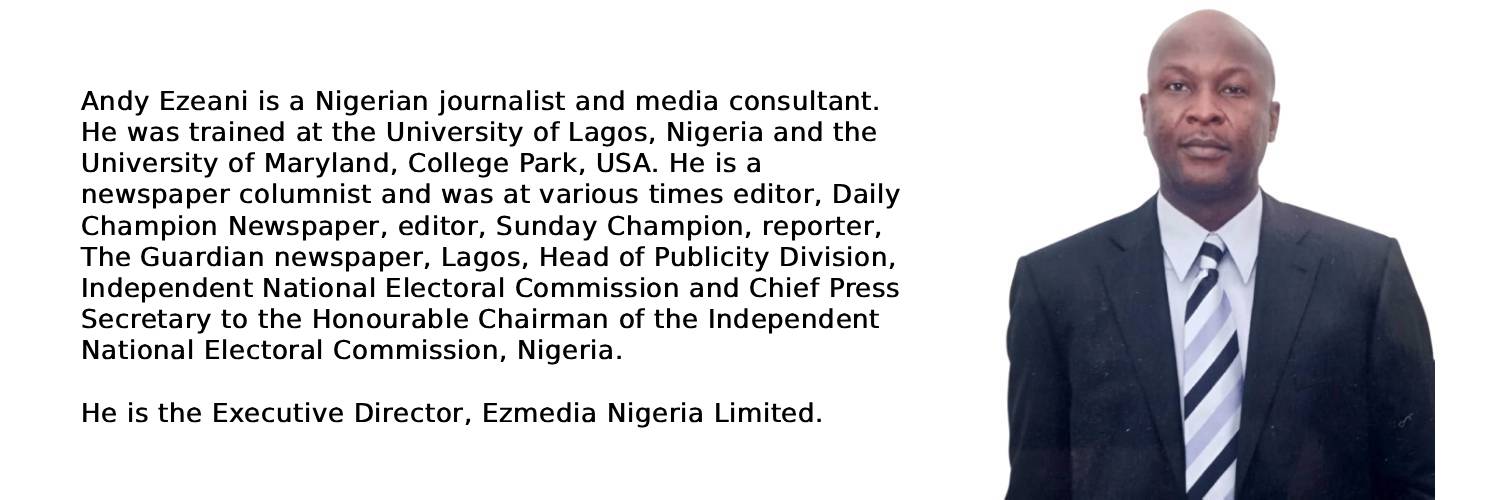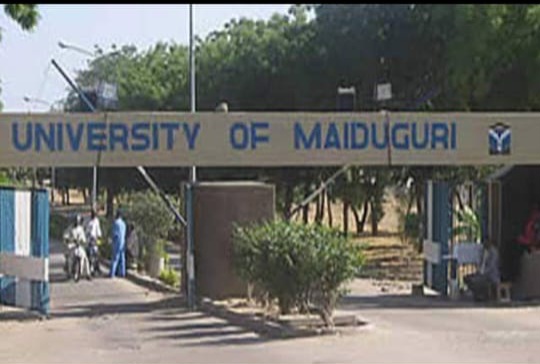By Andy Ezeani
For Bola Ahmed Tinubu, politics is life, and life is politics. Nothing seems to matter outside this orbit.
This much is commonly known about him. Everything in his world comes down to politics. Matters of ethics and subtlety of etiquette in social dynamics appear often to be way-out in his world. All that counts is the end.
This perspective of the man who is presently Nigeria’s president has become increasingly worrisome. He may not be bothered about all that, but the tendency for every policy and move by his presidency to lend themselves easily to interpretation of being motivated by crass political opportunism, denies him of credit, even where he should get some. The Tinubu presidency has no one but itself to blame for this deficit in perception.
There is, in addition, the growing fault line of Tinubu unabashedly repudiating public positions he was closely identified with not too long ago. Maybe that is politics. Maybe it is something worse.
In spite of ample grandstanding, it is apparent that Tinubu, as president, does not have effective political and policy minders who adroitly manage his shortcomings. The result of the defect is manifest in tardiness and insensitivity in policies, often poorly responded to by fruitless chutzpah.
It may not yet be time for President Tinubu to start thinking of his legacy in office, but legacies do not sprout overnight.
The death of Muhammadu Buhari, announced on July 13, 2025, was bound to come with its fair share of complications and challenges for Tinubu. Buhari did well to him in handing over the presidency to him.
Beyond that, the man left a horrible legacy.
Surprisingly, Tinubu found Buhari’s polarizing presidency worthy of emulation. Now, Buhari’s exit has exposed Tinubu further to charges of insensitivity and awkward whimsicality in framing his policies.
There are several redeeming traits that were never associated with General Muhammadu Buhari all through his life. One of them was reading. With reading often comes intellectual inquiry.Those were not Buhari’s forte. So, how did Tinubu come by the idea of naming a university after General Buhari?
On Thursday, July 17 2025, at a Special Federal Executive Council meeting in Abuja, in honour of the departed president, Tinubu paid glowing tribute to him for his “discipline, patriotism and moral uprightness”. He further described his predecessor as a man whose “conviction never bowed, even to the strongest winds of public opinion”. Make whatever you will of that.
He capped the flowery tribute by announcing the re-naming of the 50-year-old University of Maiduguri (UNIMAID) after Muhammadu Buhari.
Buhari’s exit has continued to attract a mixed reaction that matched his polarizing personality. One newspaper columnist stoutly rejected the old admonitory aphorism that one should not speak ill of the dead. The writer granted herself leave to set aside that admonition in the case of Buhari and proceeded to make a compelling case of her decision.
It was not unexpected that several rejections have trailed Tinubu’s whimsical decision to re-name University of Maiduguri after Buhari. There are several cogent reasons to back up the gale of denunciation.
Among the groups that rose vehemently against the spectre of a Buhari university where University of Maiduguri used to stand was the Concerned University of Maiduguri Alumni Association/ Friends of UNIMAID. The coalition (that word) said it “unequivocally reject the recent announcement by President Bola Tinubu to rename the University of Maiduguri after the late former President Muhammadu Buhari”.
The alumni association emphasized that their alma mater is “a legacy institution that has stood the test of time, serving as a beacon of academic excellence, resilience and intellectual growth in Nigeria’s Northeast for decades”. The university was established in 1975.
Taking a very direct stance that reflected their strong sense of displeasure at what President had done, the alumni group pointedly told him that “renaming this prestigious citadel of learning for apparent political gains is not only condemnable but also undermines the university’s hard-earned identity and historical significance”. They requested that the university be left with its profile intact, strongly insisting that the name of the university “should reflect its enduring legacy, not fleeting political alliances”.
As a parting shot in their protest, the Concerned UNIMAID Alumni Association drove their point home by reminding Tinubu that in May 29 2012, an attempt was made by President Goodluck Jonathan to rename University of Lagos after Chief MKO (Moshood Kashimawo Olawale) Abiola, the winner of the annulled 1993 presidential election.
The attempt, the group reminded Tinubu, was vehemently opposed by stakeholders in the university and, indeed, Southwesterners. “Instructively, this same Tinubu was among those who opposed the University of Lagos losing its name to MKO Abiola”.
The association concluded their case with a forceful contention that “if a region could reject the renaming of a school in honour of one of their most illustrious sons, then we in the Northeast have every right to reject this Greek gift imposed on UNIMAID”
In spite of their forceful protest, the UNIMAID alumni association was obviously restrained. They may not have said so openly, but at the root of their perplexity, and that of many, is the question; on what premise will a university be named after Muhammadu Buhari? By the same token, it can be asked, on what basis was a military barrack named after President Tinubu? These are policy misnomers that manifestly show that the government does not have a competent mechanism that thinks through proposals and advises the president appropriately.
There is no evidence anywhere that Buhari read a book in the last decade. He was never identified with academics or intellectual pursuit. But he definitely had his areas of interest.
Muhammadu Buhari served Nigeria to the best of his ability. Honouring him with a public monument may not be out of the way, but it needs to be fitting, both for him and for the country.
For ideas on possible appropriate monuments to Buhari’s name, why not rename the rail line from Daura to Madras after him?
Or, on the alternative, give him the edifice housing the Ministry of Livestock in Abuja. These are monuments he will identify with, wherever he may be, not a university.
It is high time Tinubu and his government stepped back from these ill-conceived re-naming of public institutions. State governors also need to restrain themselves. Oyo State Governor, Seyi Makinde is still facing revolt over his renaming of The Ibadan Polytechnic after Omololu Olunloye, in spite of the fact that Olunloye was the pioneer rector of the school.
Students and alumni of almost all respectable institutions do not enjoy waking up to find a cherished part of their lives bearing strange names.


